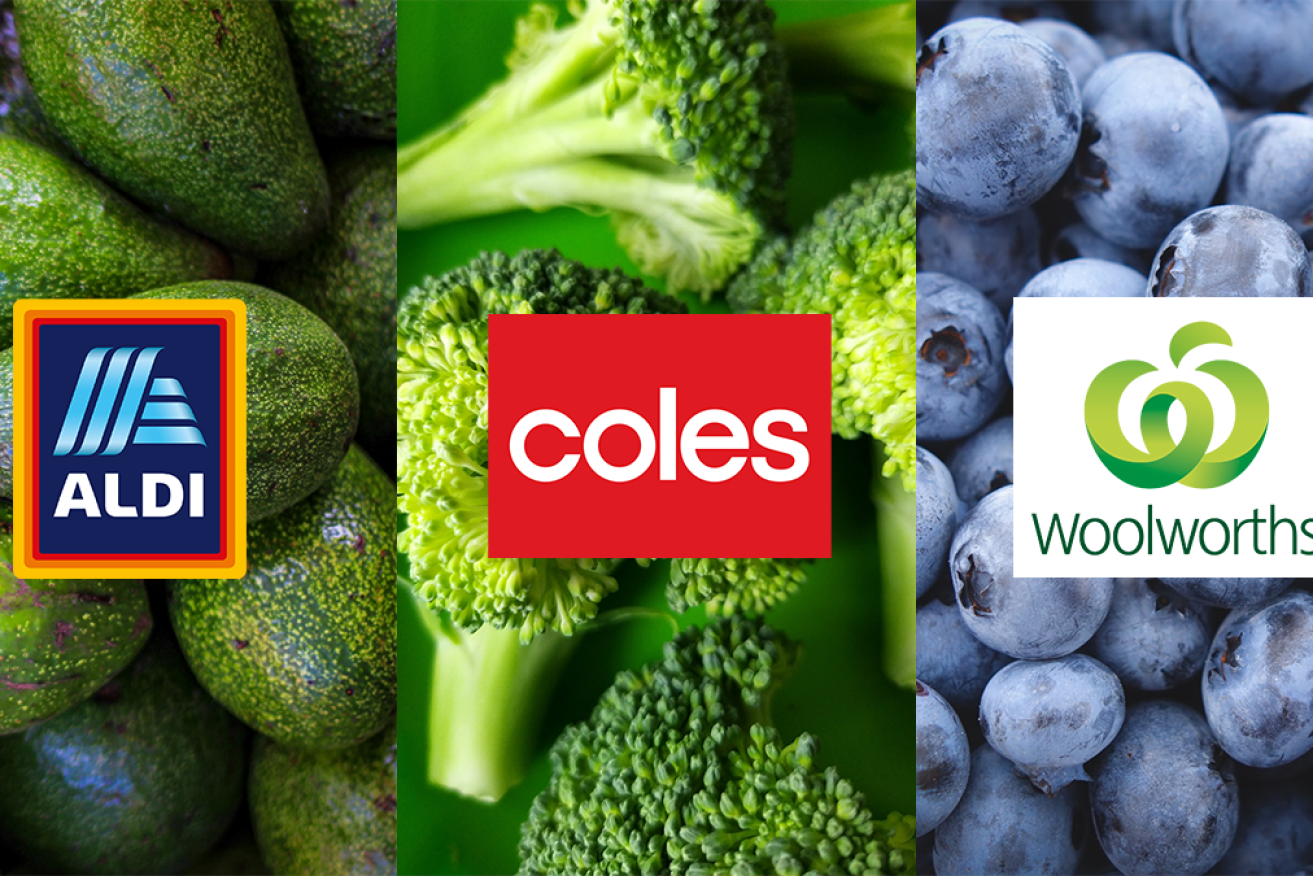Aldi offers cheaper deals, but few Australians are switching supermarkets


Aldi claims it has the cheapest deals but few customers are changing brands. Photo: TND
Australians could save close to $2500 annually on groceries with one simple hack. But plenty of shoppers are not buying it.
The cost of groceries has jumped 5.3 per cent over the past year, putting a dent in household budgets already squeezed by rising fuel costs and low wages growth.
Aldi’s 2022 Price Report shows shoppers who pitch for the German retailer’s cheapest products could save $1555 annually by switching to Aldi if they already shop for the cheapest products at a competitor supermarket.
Those annual savings skyrocket to $2468 for consumers who currently shop for branded products.
But while Aldi might be top shelf for savings, the same report found less than one in 10 (9 per cent) Australians have changed supermarkets to save money.
That may be because consumers are scoring savings in other ways.
Online shopping wins
Data from Roy Morgan shows Woolworths and Coles dominate the grocery scene with 32.9 per cent and 26.6 per cent of market share respectively, while Aldi accounts for just 12 per cent of our supermarket spend.
A key trump card of the big chains is online shopping, an option that Aldi currently does not offer.
The pandemic has fuelled a significant jump in online grocery shopping. Last year, only 75 per cent of shoppers headed in store to buy groceries.
It is not just about avoiding COVID-19. Buying groceries online can deliver savings of its own.
ING found the average shopper says they save $1369 annually by grocery shopping online.
Along with savings on fuel and impulse buys, online shopping also means less time trawling supermarket aisles.
Amy Cunningham, head of digital at ING Australia, said online shopping can give consumers “an extra-long weekend of time back to spend doing the things that matter most”.
Aldi’s loyalty miss
Aldi’s other weak spot is a lack of a loyalty scheme, something Australians have flocked to in spades.
Woolworths Everyday Rewards scheme claims to have 12.5 million members.
FlyBuys, which covers Coles, Bunnings and Officeworks, says it has more than eight million.
The lure of reward points can be a real driver of supermarket loyalty.
Canstar Blue found that among the one in three Australians who do all their shopping with the same supermarket chain, over half (55 per cent) remain loyal to rack up reward points.
Among the meagre 9 per cent of shoppers who have switched to a different supermarket, one in five did so to earn reward points at the new store.
Moreover, shoppers have been eagerly cashing in their rewards through the pandemic.
Adam Posner, CEO and founder of loyalty consultancy The Point of Loyalty, said: “At the beginning of 2020, 63 per cent of loyalty program members were taking advantage of most of their benefits and rewards. This has jumped to 70 per cent at the start of 2022.”
Mr Posner adds that membership of a loyalty program can affect purchase behaviour.
He said “shoppers may spend more or purchase more often”.
It goes to show that when times are tight, the prospect of a freebie can outweigh in-the-hand savings, even if it means spending more to get them.








